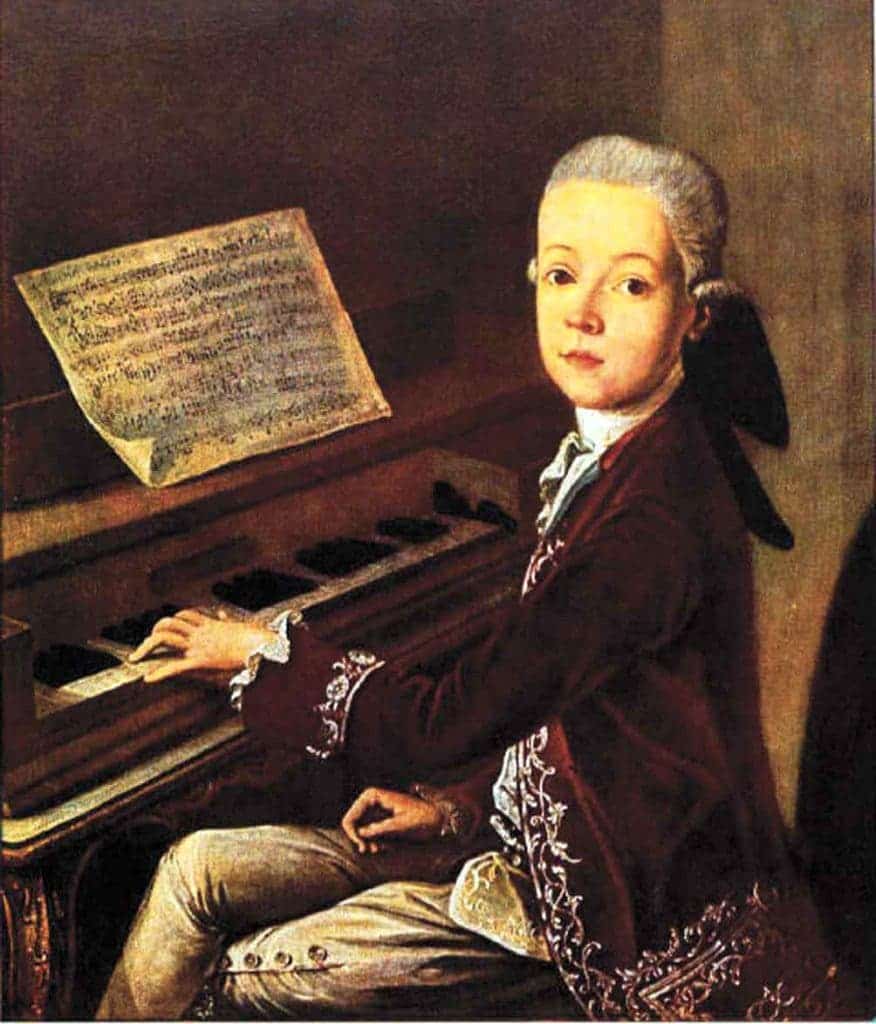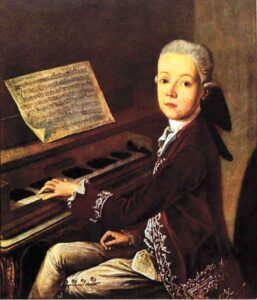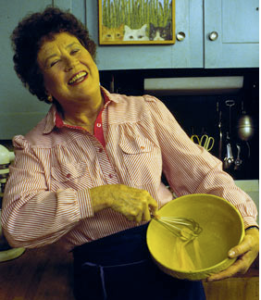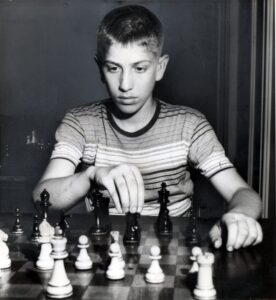Can Engaging in Music, Chess, and Baking Muffins Enhance Children’s Understanding of Basic Math?

Research indicates that engaging in activities such as playing musical instruments, playing chess, and baking can actually improve children’s aptitude for basic math. These “multi-sense” examples demonstrate how various experiences can contribute to a better grasp of mathematical concepts. Let’s explore each activity in more detail:
1. Music and Math:

One extraordinary individual who exemplifies the connection between music and math is the renowned composer Wolfgang Amadeus Mozart. As a child prodigy, he possessed an innate understanding of complex mathematical patterns, which he seamlessly incorporated into his musical compositions. The video below demonstrates how music and math intertwine by showcasing the harmonious interplay between numbers and musical notes on a cello and a piano.
2. Baking Muffins and Math:
Julia Child, an esteemed chef, and beloved food writer, captivated audiences in both Paris and the United States for decades. Among her many culinary skills, baking muffins required precise measurements, emphasizing the importance of mathematics. The video below showcases the usefulness of standard muffin tins, holding ten muffins. This is why we utilize muffins to achieve strong measuring skills, while baking blueberry muffins.


Watch this video below on how muffin tins work:
3. Chess as a Mathematical Challenge:

Bobby Fischer, a young genius in the realm of chess, dedicated his life to playing against other champions. Chess, much like mathematics, is a universal language that transcends cultural boundaries. Regardless of language barriers, chess teaches essential qualities such as discipline, focus, strategy, patience, confidence, endurance, clarity, and the ability to make informed decisions under pressure. The video below highlights a large chess club in Cincinnati, Ohio, demonstrating how chess enhances mathematical abilities plus INCREASES TEST SCORES!
You don’t need to speak Russian to play against someone in Moscow or Spanish to play someone in Madrid. The lessons in chess will carry forward from a young child to muture adult because through this game and the other creative endevours we promote foster a belief in ourselves.
Engaging in these activities not only cultivates an understanding of basic math but also imparts a wealth of valuable life lessons. Through weekly practice, children can develop important attributes such as motivation, a positive attitude, patience, endurance, focus, good judgment, humor, measurement skills and sequencing.
In conclusion, learning music with Mozart, playing chess, and baking muffins are all experiences that can contribute to children’s elevated understanding of basic math. These activities provide a unique and holistic approach to education, fostering the development of various skills and qualities that extend far beyond mathematics alone. By engaging in these multi-sensory experiences, children can gain a deeper appreciation for math while simultaneously enhancing their overall cognitive abilities and joy of learning.
“Lessons in Life Learned” while playing chess, listening to music, measuring muffins – Your children will achieve, by weekly practice, all of this and MORE! What value can we put on these great experiential lessons? Find out with these two brand new classes on ZOOM starting on Wednesday, September 6th after Labor Day USA.
-
-
- All Central zone (including; Alabama, Arkansas, Illinois, Iowa, Louisiana, Minnesota, Mississippi, Missouri, and Wisconsin). Entire Midwest region at 8 am
- All Atlantic zone (including Maine, Massachusetts, New Hampshire, Rhode Island, New York, Connecticut, New Jersey, Maryland, Delaware, Virginia, South Carolina, North Carolina, Florida, and Georgia. All these regions at 9 am
-


